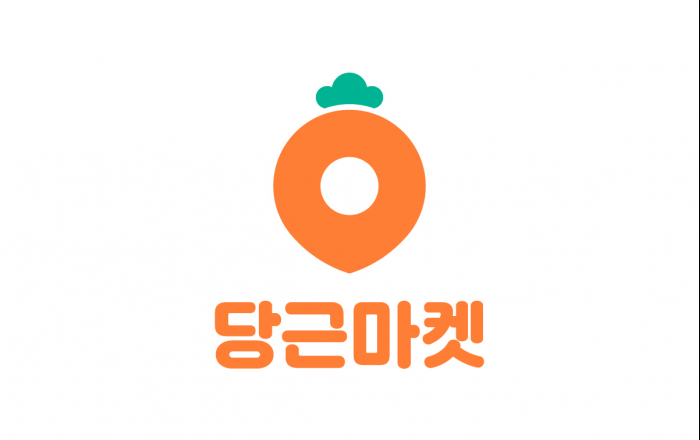
Logo of Karrot Market Thanks to what some economists dub a borderless economy, more South Korean startups than ever before are looking beyond the peninsula. Seoul-based accelerator Startup Alliance interviewed 164 startup founders and 90% of the respondents said they are thinking of expanding their businesses abroad. The worldwide adoption of mobile phones broadened what is reachable in terms of entering foreign markets. Overseas market entry could be as simple as having a company’s app available in app stores and making it downloadable in the target countries. But experts say doing it properly still requires a physical presence. KARROT’S FOUR MARKETS Used goods trading platform Karrot Market and anonymous community operator Team Blind, Inc. have had their eyes on global operations from the get-go. Karrot Market entered the United Kingdom in November 2019. The monthly active user (MAU) count at that time hovered around 5 million, which did not make it a clear winner in the domestic market. Despite being just one of the players in South Korea, the company ventured into Canada in September 2020, the United States in October 2020, and Japan in February 2021. Most South Korean companies – startup or otherwise – wait to see positive results in one region before expanding their footholds elsewhere. Karrot Market is a mobile app where users can list their items for sale or purchase them An employee with Karrot explained the startup prioritized entry into different regions due to the hyper-localized aspect of its services. For such products to succeed, the offering has to reflect cultural sensitivities and national sentiment, which takes time to learn. For example, the company noted that users in North America were not as thorough with filling in details of their sale items on the platform. Karrot tweaked its posting template to encourage the filling in of necessary information. As the slight change turned out to be useful, the company also adopted such tweaks to the Korean service. In Bristol, England, and Toronto, Canada, Karrot put together a test group of parents with high demand for children's used goods, such as clothing they grew out of or toys. Hyperlocal also means different things in Northeast Asia and North America. For cities in South Korea and Japan, which have high population density, a 4-6 km radius is considered hyperlocal. In the US and Canada, which have a lower population density, the concept of hyperlocal extends to 10-20 km in radius. BLIND ATTEMPT Teamblind Inc., the operator of an anonymous community board for verified professionals Blind, has also always been bullish on overseas expansion. So much so that it is headquartered in Silicon Valley, California. The reasoning was to attract users from the multitude of tech giants based there. Mobile interface for the Korean version of Blind The startup’s co-founder Kyum Kim, based there, has consistently hosted parties for Korean-American employees of Amazon.com, Inc. since June 2015. Kim went on to host similar parties for workers of other tech conglomerates. Perhaps thanks to such marketing, Blind is now the second-largest social networking site among white-collar workers, only after LinkedIn. In particular, more than 70% of employees who work for Apple Inc. use the community board. The company is enjoying rapid success beyond South Korea and the US, such as in India, Canada, the UK, and Singapore, in that order. By Joo-Wan Kimkjwan@hankyung.comJee Abbey Lee edited this article.
Most Read